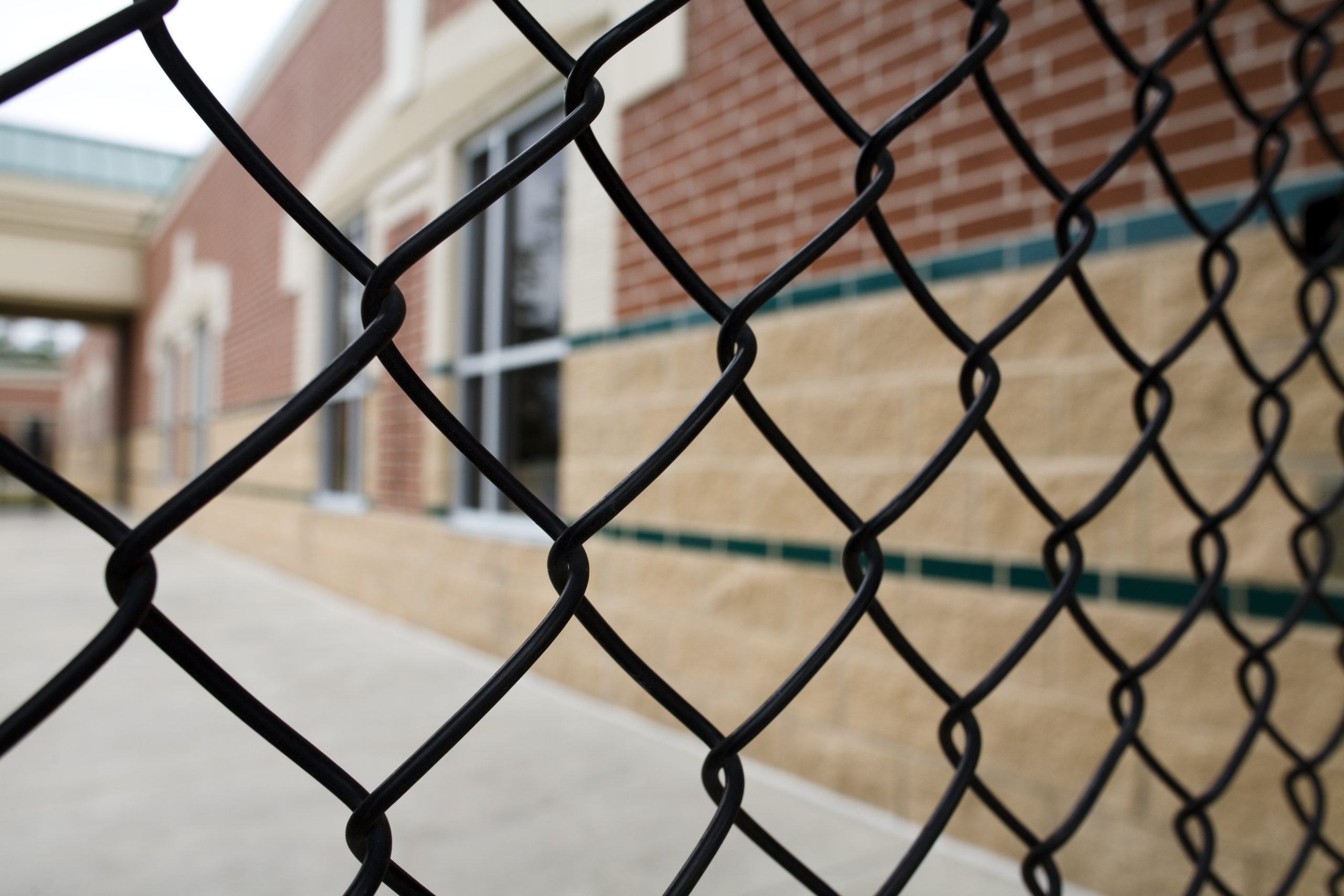California was among the three states with the most significant increases in per pupil expenditures between fiscal years 2021 and 2022, according to a first look report on public school revenues and expenditures released by the National Center for Education Statistics (NCES) in May.
Author: Heather Kemp
OCR handled a record number of complaints in FY 2023
The U.S. Department of Education’s Office for Civil Rights (OCR) dealt with the highest number of complaints in its history in fiscal year (FY) 2023 at 19,201 — a 2 percent increase from the prior year, according to the its annual report. For comparison, just 8,934 complaints were lodged in FY 2021.
California to launch LGBTQ statewide advisory task force
A statewide advisory task force that will work to identify the needs of LGBTQ students and make recommendations to improve their educational experiences and well-being will convene for the first time in July.
CCEE details goals for 2024–25
During the California Collaborative for Educational Excellence’s June 6 board meeting, team members looked back at accomplishments from 2023–24 and forward to what the agency hopes to accomplish in 2024–25.
Enrollment in K-12 schools dips as more students experience homelessness
Statewide enrollment in public schools saw a slight dip in 2023–24, according to annual data released May 16 by the California Department of Education — continuing a pattern the field has become all too familiar with.
By the numbers: Average pay in nation, state for teachers and support staff
The average teacher salary in 2022–23 was $69,544, but even with record investments in some states, pay has not kept up with inflation, according to the National Education Association’s latest report on educator pay in the U.S.
Experts share advice on instructional materials adoption at CSBA webinar
CSBA’s May 30 webinar featured expert panelists providing an overview of the state’s instructional materials adoption process, requirements and guidance for local educational agencies, information on understanding current context and minimizing conflict during the selection period, and trustee perspectives as well as a Q&A. Instructional materials can include textbooks, technology-based materials and other educational tools and tests.
Improving mental health supports could help prevent school shootings, teachers believe
Most K-12 public school teachers live in fear that a shooting will happen at their workplace, according to a survey from the Pew Research Center.
IQC discusses plans for future framework and instructional materials adoption projects
Media literacy resources and Model School Library Standards as they relate to curriculum framework revisions were among the topics discussed at the May 16 Instructional Quality Commission meeting. Commissioners also received an update on California Arts Education Framework implementation and information on the California Department […]
Asian American Pacific Islander Leaders Network offers support, community to Bay Area educators
Launched in 2022–23 to provide Bay Area educators professional development opportunities in a space that fosters inclusion and belonging, the Asian American Pacific Islander Leaders Network at Berkeley School of Education provides a supportive environment for those in the field while also addressing pandemic-related challenges and a national surge in anti-Asian hate.











